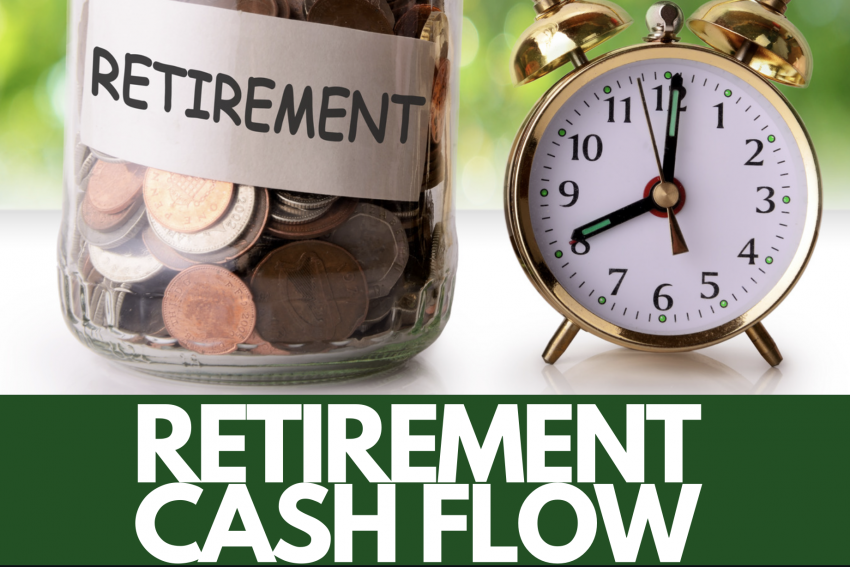The landscape of retirement is evolving. Gone are the days when retirement means you completely stop working, to read a book and sit on a hammock, or whatever your personal preference is. Today, the gig economy offers retirees an unprecedented opportunity to supplement their income, pursue passions, and stay active and engaged in their golden years. In today’s advice, we will explore how retirees can leverage the gig economy, the benefits and challenges you might face if you try to do so,, and some tips for navigating this new retirement paradigm.
The Rise of the Gig Economy in Retirement
The gig economy, which is characterized by flexible, temporary, or freelance jobs, and is often facilitated by digital platforms, has become an integral part of the retirement plan for many.
Whether it’s driving for a ride-sharing service, freelancing in their area of expertise, or selling handmade crafts online, retirees are finding that the gig economy can offer the perfect blend of flexibility and income.
Benefits of Gig Work for Retirees
Supplemental Income
One of the most apparent benefits of gig work during retirement is the ability to supplement fixed incomes from pensions, Social Security, or retirement savings. This additional income can help cover living expenses, healthcare costs, or leisure activities, thus providing a more comfortable lifestyle without dipping into savings prematurely.
Flexibility and Freedom
Gig work offers unparalleled flexibility. You can choose when, where, and how much you want to work, which can allow you to balance work with leisure, travel, or family time. This flexibility is often cited as a key reason retirees are drawn to gig work, as it respects their need for autonomy in their retirement years.
Social Engagement and Mental Stimulation
Continuing to work in some capacity can provide important social interactions (depending on the nature of the work), along with mental engagement, which can contribute to overall health and happiness. Gig work can additionally help retirees stay connected to the community, meet new people, and keep their minds sharp.
Pursuing Passions and Interests
Retirement is the perfect time to explore interests or passions that may have been sidelined during a full-time career. The gig economy can provide opportunities to monetize these interests, whether it’s through photography, writing, consulting, or teaching. There are a wide variety of choices if you are a retiree seeking employment, and your specific skill set will determine which side hustles you should consider.
Challenges and Considerations
Navigating Taxes and Benefits
Working in retirement can have implications for taxes, Social Security benefits, and Medicare. It’s important to understand how additional income could affect your specific tax bracket, Social Security benefit amounts, and healthcare premiums.
Balancing Work and Retirement
While the flexibility of gig work is a plus, finding the right balance between work and enjoying your retirement is crucial. You should always consider how much time you want to devote to gig work, versus leisure activities and family time.
Choosing the Right Gig
Not all gig work is created equal. Retirees should seek gigs that match their skill set, interests, and physical abilities. It’s also important to consider the reliability of income, along with any potential expenses, including transportation or supplies needed to complete the work.
Tips for Success in the Gig Economy
Leverage Your Skills and Experience
Retirees bring a wealth of knowledge, experience, and skills to the table. If you want to work in the gig economy during retirement, consider works that leverages your professional background or personal interests, for the most satisfying and lucrative opportunities.
Stay Informed and Adapt
The gig economy is constantly evolving. Stay informed about new platforms and opportunities, and be willing to adapt and learn new skills as necessary.
Understand the Financial Implications
Consider consulting with a financial advisor to understand how gig work will affect your taxes, Social Security, and retirement savings. Proper planning can help you maximize your benefits and minimize any negative impacts.
Set Clear Goals
Define what you want to achieve through gig work, whether it’s a specific amount of extra income, exploring a passion, or simply staying active. Having clear goals can help you choose the right gigs and manage your time effectively.
Conclusion
The gig economy offers retirees a unique set of opportunities to enhance their retirement years financially, socially, and personally. By carefully selecting gig work that aligns with their interests and abilities, understanding the financial implications, and balancing work with leisure, retirees can thrive in this new work paradigm. Embracing the gig economy can lead to a more fulfilling, balanced, and prosperous retirement.




